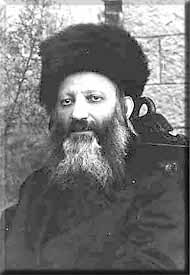1) Luke, why do you like to write? What motivates you? Do you write for you as a sort of an intellectual diary, or do you write for the readers out there? Do you have an “agenda” or do you just write from the heart
I write out of an internal compulsion. I suspect that if I got psychologically healthy and learned to connect normally with others, I’d have much less drive to write.
When I write well (and I measure this by whether or not I like to read what I wrote), I feel like I’m doing what I was put on earth to do.
When I have an agenda, it’s clear in my writing. When I write from the heart, that’s clear too.
2) You write very frankly and openly, often going into very personal details. How does that make you feel, and is there anything you regret having written?
To write frankly, I have to put out of my head how people will react. Then, when I come back to people, I often feel embarrassed by what I’ve written.
I write because of the distance I feel from others, and by writing as I do, I increase that distance. There are many things I regret having published on my blog. Over the past couple of years, I’ve taken down many things that were gross.
3) What is the number one issue you would want to fix in the Jewish world?
Any cause that I espouse will just bring disrepute to that cause, so I probably shouldn’t say anything. I have so many emotional addictions (all at root stem from an intimacy disorder) that my thinking and my will are corrupt and should not to be trusted.
4) What are your goals for the year ahead?
I’d like to write well, to put on a one-man play about how 12-step work helped me with my emotional addictions, to make money and friends, and to find a Jewish woman to marry.
5) Came across an interesting quote online: “Avraham was 99 at his circumcision, initiating a 3,700 year old covenant. No matter your age, you can still make a lasting impression!”
Luke what is your contribution to mankind, how would you like to be remembered?
I want to skip this.
I sometimes get asked to speak in Jewish life. Usually the organizers want inspiration. They want me to inspire people to take Judaism more seriously. I don’t feel comfortable doing that. I just feel comfortable with sharing like I do in 12-step meetings — here’s what I’ve done, here’s what I felt like, and here’s what helped me. It might help you too.

